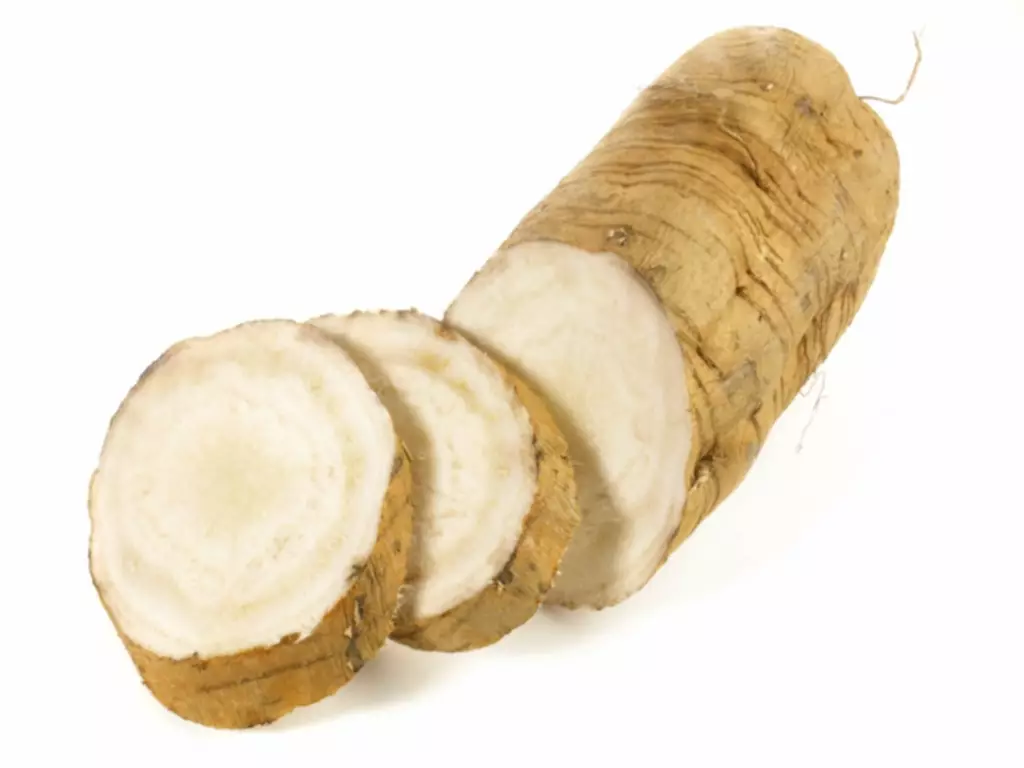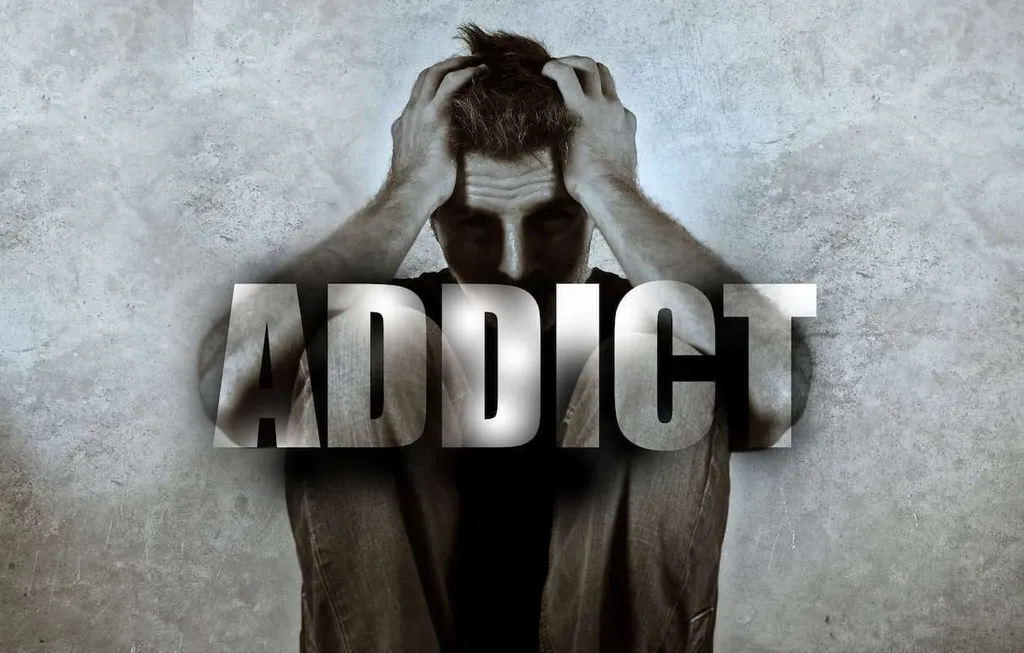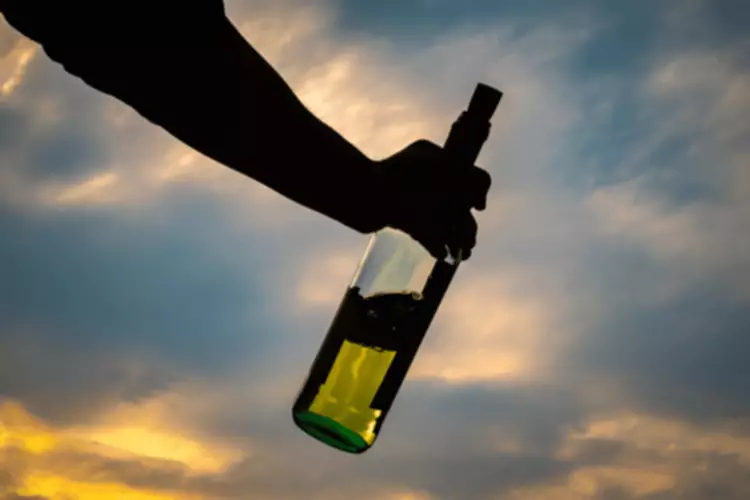
The FHE Health team is committed to providing accurate information that adheres to the highest standards of writing. This is part of our ongoing commitment to ensure FHE Health is trusted as a leader in mental what are the signs of a dry drunk health and addiction care. If you or a loved one struggles with an addiction to drugs or alcohol, contact FHE Health and let us show you your options for recovery. Also, maintain a positive outlook in the hope that addiction treatment professionals can help them forge a solid commitment to recovery.
Is it always a sign of a relapse?
A “dry drunk” is someone who’s sober but still experiencing some of the emotions and behaviors caused by alcohol use. The term also describes someone who returns to an immature mindset1 after years or decades of impairment—arguably, back to how old they were when they began drinking. In cases where dry drunk syndrome intertwines with other mental health disorders, a comprehensive psychiatric evaluation can pinpoint the challenges. Medications might be prescribed to manage symptoms of depression, anxiety, or other conditions, complementing other treatment modalities. Dry drunks often experience consequences that are similar to those faced by people in active addiction. Alcohol is no longer the cause of their problems, but problematic thinking and behaviors inhibit them from living happy and healthy lives.

Receive Your Personalized Treatment Plan

There’s no shame in reaching out for help, and quitting alcohol is only half the battle. Sometimes it’s necessary to rely on the experience of treatment professionals for a complete and successful recovery. Because every person is different, the dry drunk symptoms and behavior experienced by one individual are usually not likely to be exactly Alcoholics Anonymous the same as the symptoms exhibited by other people. As a result, people battling dry drunk behavior may still be coping with unaddressed trauma, anxiety, or depression that often drives substance use and dependence. Quitting drinking may solve one part of the problem, and it’s a big one. But if there is a root cause or reason why a person was drinking that is not addressed, other negative emotions and behaviors may continue.
- There is no right or wrong way for a person to recover from AUD, so a person should not compare their recovery journey with that of other people.
- By recognizing the signs and addressing the root causes, individuals can move beyond the dry drunk stage and experience the true freedom that comes with holistic recovery.
- However, the longer the person does not accept help, the more likely a return to use will occur.
- Ultimately, the dangers of remaining a dry drunk underscore the need for comprehensive recovery efforts, not just physical abstinence from alcohol.
- When a person experiences dry drunk behavior patterns, the way to get back on track is to do what is supposed to be done.
- If you become lazy or disinterested in your recovery, the natural tendency is to fall back into addictive behaviors and eventually return to using again.
The Causes of Dry Drunk Syndrome
They may exhibit traits such as irritability, resentment, and a sense of entitlement—reminiscent of their behavior during active addiction. It is a misconception that when an addicted person or alcoholic stops using and enters sobriety, they will be completely restored from old patterns of harmful behavior. When an individual enters treatment for a drug or alcohol addiction, the immediate goal is to stop drinking or using drugs.
In the meantime, there are a few things you can do to support them. Maybe you start by simply going to the gym at a certain time most days of the week. Don’t stress too much about doing a huge workout; just focus on getting yourself there. Instead, focus on taking small steps to build some of them into your routine. “Given that relapse is a process, it can be identified and interpreted before use happens,” she says.
Recognizing a return to old thought patterns and behaviors, or a lack of progress in recovery, is crucial. In the sober community, this is sometimes referred to as “untreated alcoholism.” Both terms describe similar symptoms, often seen at the start of relapse. If you or someone you love lives with substance abuse or addiction, you are not alone.
Lack of Personal Growth

On the other hand, DBT emphasizes regulating emotions and improving relationships through mindfulness, distress tolerance, emotional regulation, and interpersonal effectiveness skills. To cope with dry drunk syndrome, you can lean on others, find a support group and remain committed to recovery. At Gateway, we recognize the power in numbers, and that’s why we offer recovery support groups in addition to a variety of addiction therapy services. Dry drunk syndrome accompanies the phenomenon known as post-acute withdrawal syndrome or PAWS.
